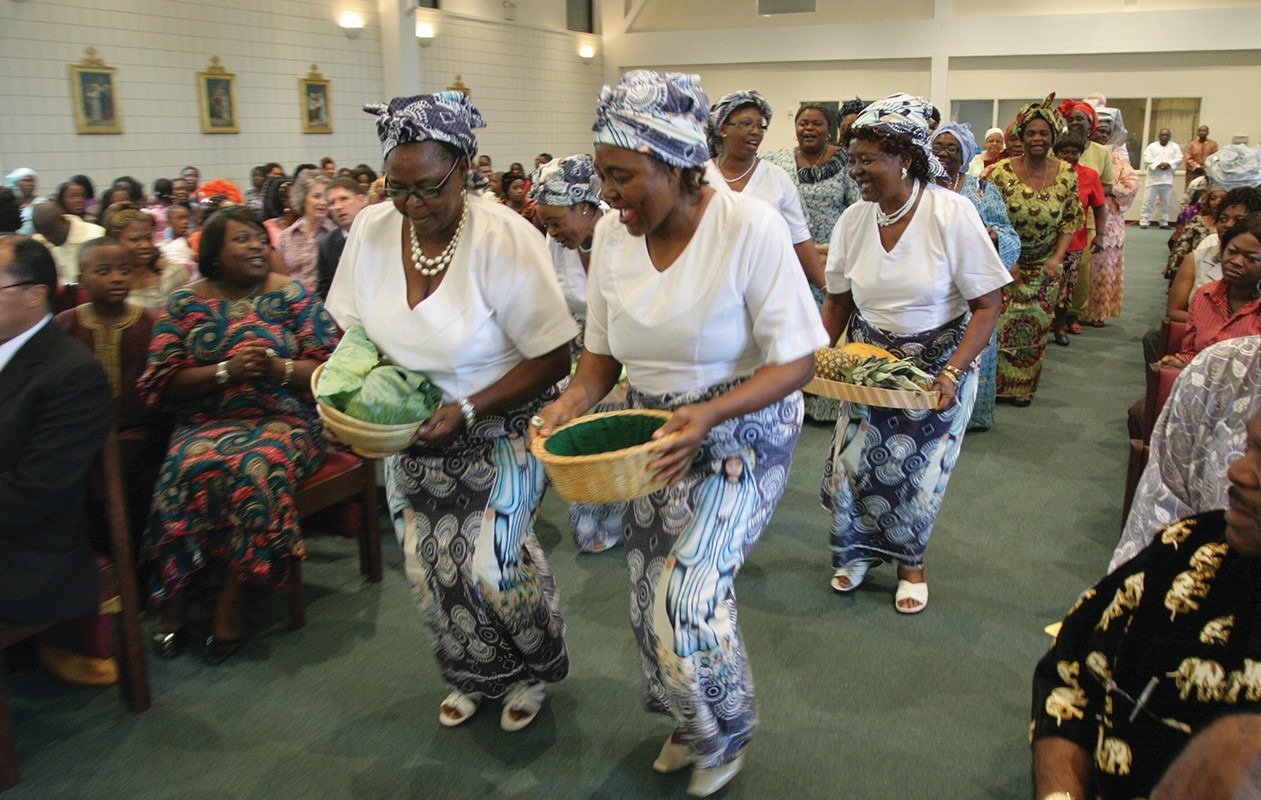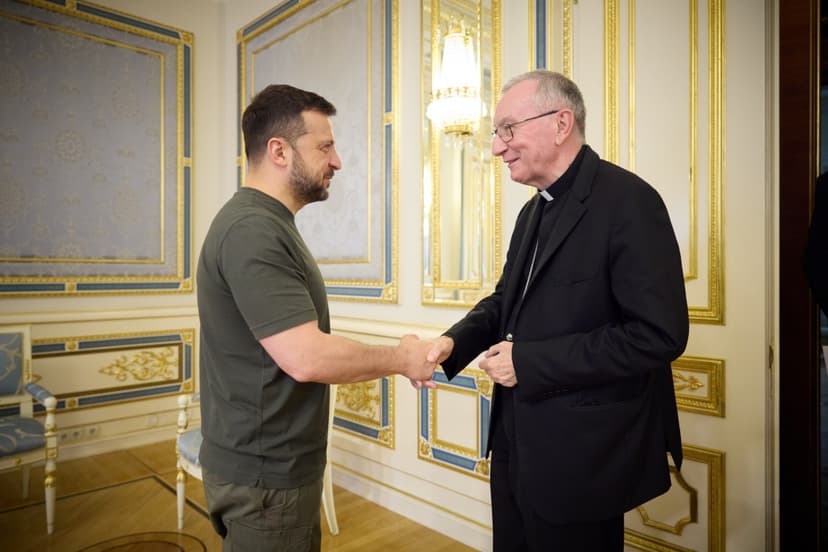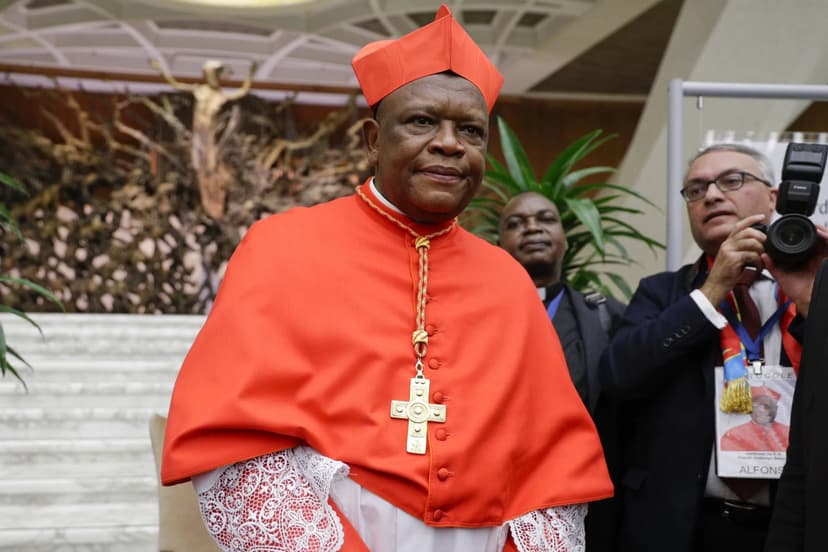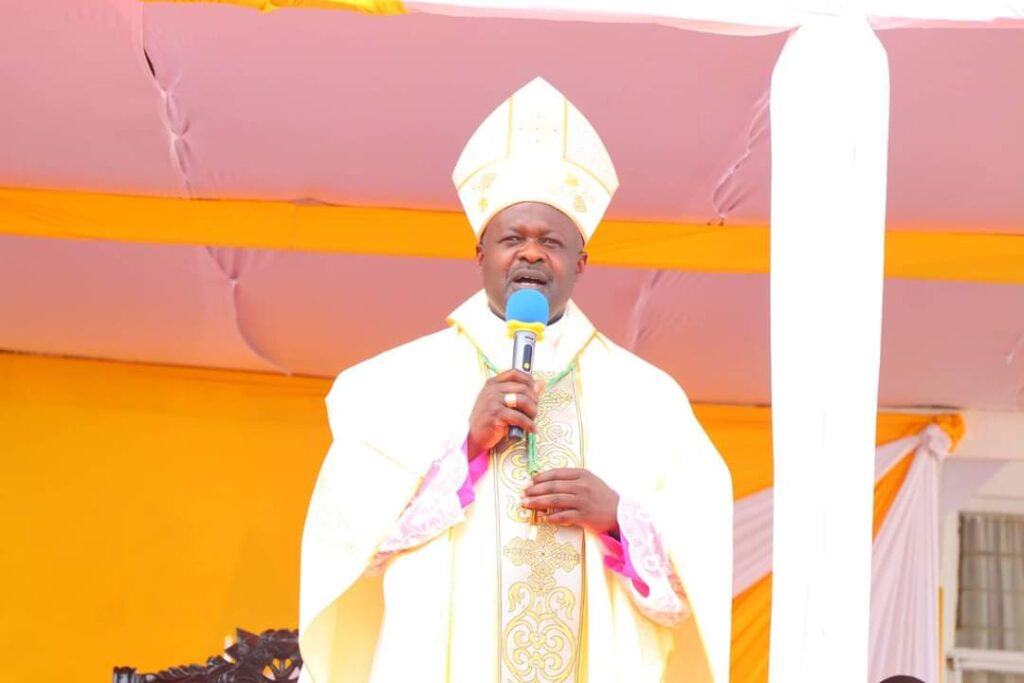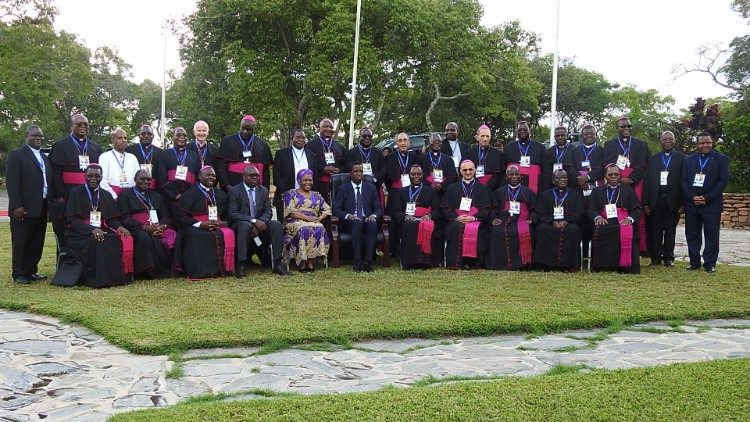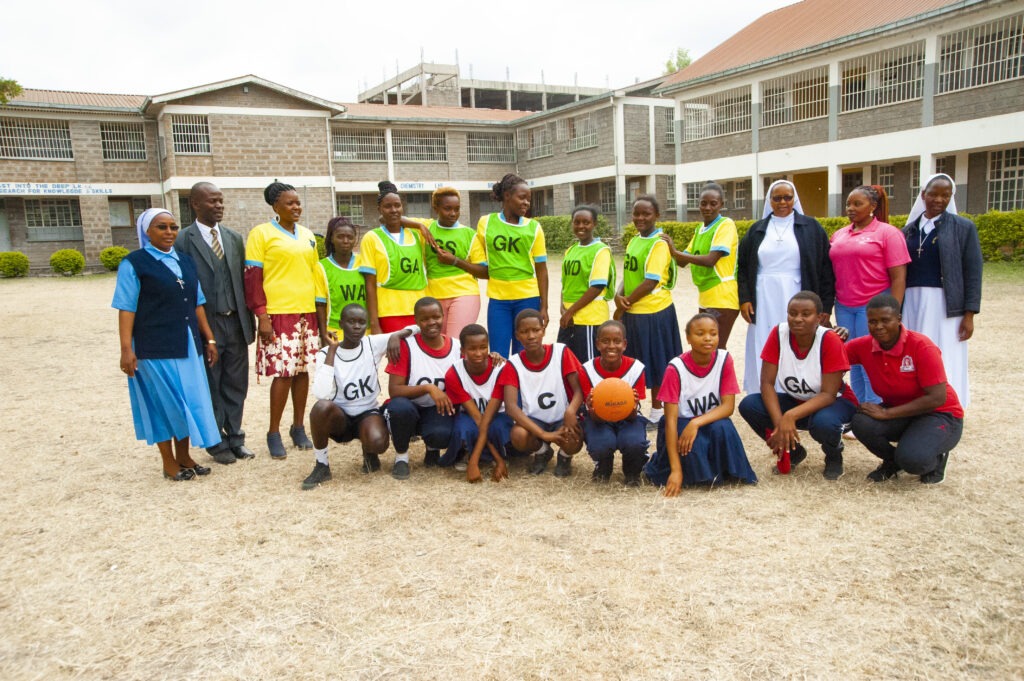At last, we are recognising that women play a role in the liturgy of the Mass. Is it not high time we recognised also what an important part they play in the liturgy of the Universe?
On 15th January this year, Pope Francis formally recognised and legalised the service of women lay ministers in the Church’s liturgy, particularly during the celebration of Holy Mass. In recent times, the Church has acknowledged, more and more, that women have been performing the ministries of reading the Word of God (as lectors) and serving at the altar (as acolytes) for centuries (in some convents) and decades (since Vatican II, in many parishes). Now, Pope Francis has changed the Canon Law to regulate the appointment of women to these offices.
The liturgical rite, which since 1972 has instituted men to these roles, will now be used for women as well. For example, my mother, while she still had a strong voice, served our local parish in Johannesburg as a ‘minister of the Word’. In a special rite that would be renewed each year, the parish priest could commission her as a ‘reader’. With the new dispositions decided by the Pope, if she could still read with a strong voice (which she cannot) and is still living a virtuous life (which she is), she could be “admitted on a stable basis” to this ministry.
Universal basilica
We are recognising, late in the day, that women play a role in the liturgy of the Mass. Is it not also time for us recognise what an important role they play in the liturgy of the Universe? What do I mean by this? Well, in the spirit of Laudato si’, all of creation is God’s gift to humanity to support and sustain us, and, for us, to praise and worship and come closer to God through it. That is, the created universe is the basilica in which we offer our greatest liturgy to God. Then, surely, women have been playing a leading role in this liturgy since time immemorial.
 All of reality has the potential to be sacramental – to communicate God’s grace to us. The seven liturgical sacraments are special moments when we celebrate God’s particular gifts to the Christian community. Throughout our Jewish-Christian tradition, there has been this theme of the whole of creation being a liturgy (the service of the people) towards God. Psalm 8 shows us how contemplation of the universe can tell us how significant we are in God’s eyes. The Book of Psalms ends with the vision of every living being worshiping God: “Let everything that breathes gives praise to the Lord – Alleluia”.
All of reality has the potential to be sacramental – to communicate God’s grace to us. The seven liturgical sacraments are special moments when we celebrate God’s particular gifts to the Christian community. Throughout our Jewish-Christian tradition, there has been this theme of the whole of creation being a liturgy (the service of the people) towards God. Psalm 8 shows us how contemplation of the universe can tell us how significant we are in God’s eyes. The Book of Psalms ends with the vision of every living being worshiping God: “Let everything that breathes gives praise to the Lord – Alleluia”.
In Mt 6:28 Jesus invites us to contemplate the lilies as an example of God’s care for even the most insignificant and temporary of creatures, here today and gone tomorrow. How much greater is God’s providence for us! St. Paul writes: “Ever since the creation of the world, the invisible existence of God and his everlasting power have been clearly seen by the mind’s understanding of created things” (Rom 1:20). And he criticises people who do not have this insight.
In his Canticle of the Creatures, St. Francis of Assisi prayed: “Praise be to you, my Lord, through our Sister, Mother Earth, who sustains and governs us, and produces various fruits with coloured flowers and herbs”.
Cosmos as revelation
In his Catechesis of 2nd August 2000, Pope John Paul II taught: “When we contemplate with wonder the universe in all its grandeur and beauty, we must praise the whole Trinity”.
Pope Francis shares this vision in his encyclical letter Laudato si’ – On Care for Our Common Home. In one of the two prayers he offers at the end of the text, he exclaims:
Triune Lord, wondrous community of infinite love,
teach us to contemplate you
in the beauty of the universe,
for all things speak of you.
Awaken our praise and thankfulness
for every being that you have made.
Give us the grace to feel profoundly joined
to everything that is.
Holy Matter
In our age, we have theologians expressing this idea in slightly more scientific language. The famous Jesuit scientist, paleontologist, theologian and philosopher Pierre Teilhard de Chardin (1881-1955), who discerned the pattern of transfiguring holiness in the very rocks and geological record of evolution, in his book Hymn of the Universe (published in 1961), offers an ecstatic reflection on how creation gives glory to the Creator. Chapter 3, entitled “The Spiritual Power of Matter”, contains the “Hymn to Matter”, which describes matter as the “matrix of spirit” in which life emerges and is supported. The fourth stanza reads:
Blessed be you, universal matter,
immeasurable time, boundless ether,
triple abyss of stars and atoms and generations:
you who by overflowing
and dissolving our narrow standards or measurement
reveal to us the dimensions of God.
Nurturing life
So, if all of creation is a liturgy of praise towards God, then we should appreciate the role that women play in this liturgy. The following are a few random generalisations to support this idea. Women are in touch with monthly cycles measured (coincidentally?) by the phases of the moon. They bring new life into the world, and like Mary, as they nurture the children they have borne, they contemplate this mystery of life. Women are more involved in raising their children in the faith, to become a new generation of believers and worshippers of God.
Women tread more lightly on the earth. For example, in hunter-gatherer societies, women gather tubers, fruits and nuts in a sustainable way, removing just as much as they needed to sustain their families. They ensure that they never over-harvest a land, respecting its integrity, and leaving enough for it to continue to support others. Men, instead, hunt their prey to death, and have even brought some species to extinction by their unremitting predation. In traditional societies, women care for the home, while the men go out and ‘bring home the bacon’.

